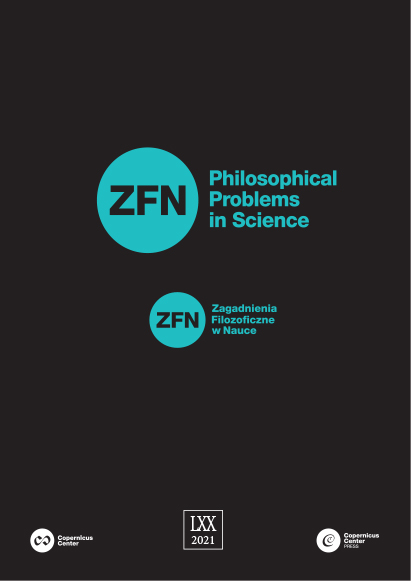Nowe światy literackie: literaturoznawstwo współczesne a nauki ścisłe
New literary worlds. Contemporary literature studies and science
Author(s): Dominika OramusSubject(s): Language and Literature Studies, Studies of Literature, Theory of Literature
Published by: Copernicus Center Press
Keywords: science fiction;climate fiction;quantum fiction;cyberpunk;solarpunk;science versus humanities;anthropocene;James Graham Ballard;Stanisław Lem;Margaret Atwood
Summary/Abstract: Since 1959, when C.P. Snow delivered his seminal lecture The Two Cultures on the lack of understanding between scholars working in the humanities and their colleagues from science departments, the gap between the two groups has been one of the most notorious clichés of contemporary Western culture. The aim of this article is to show that this seemingly insurmountable abyss between sciences and the humanities that was brought to the forefront during the mid-20th century is slowly receding into history. Literature studies today is heavily indebted to modern science. Biology (especially evolutionary biology), physics (especially quantum physics), and ecology (especially the Anthropocene studies) are among the most important subjects scholars of literature have to take into account. In order to prove this point I shortly describe literary genres which introduce modern science to the readers: science fiction, cyberpunk, solarpunk, lablit, quantum fiction, and cli-fi. I also refer to the newly-emerged schools of criticism-science fiction studies, ecocriticism and evocriticism-to show how scholars discuss these texts within the framework of the humanities. Additionally, I give a sample discussion of one of the cli-fi’s classics, J.G. Ballard’s The Drowned World and also shortly discuss two science fiction novels concerned with the civilisational conflict between science and humanities: Stanislaw Lem’s His Master’s Voice and Margaret Atwood’s Oryx and Crake.
Journal: Zagadnienia Filozoficzne w Nauce
- Issue Year: 2021
- Issue No: 70
- Page Range: 139-168
- Page Count: 30
- Language: Polish

